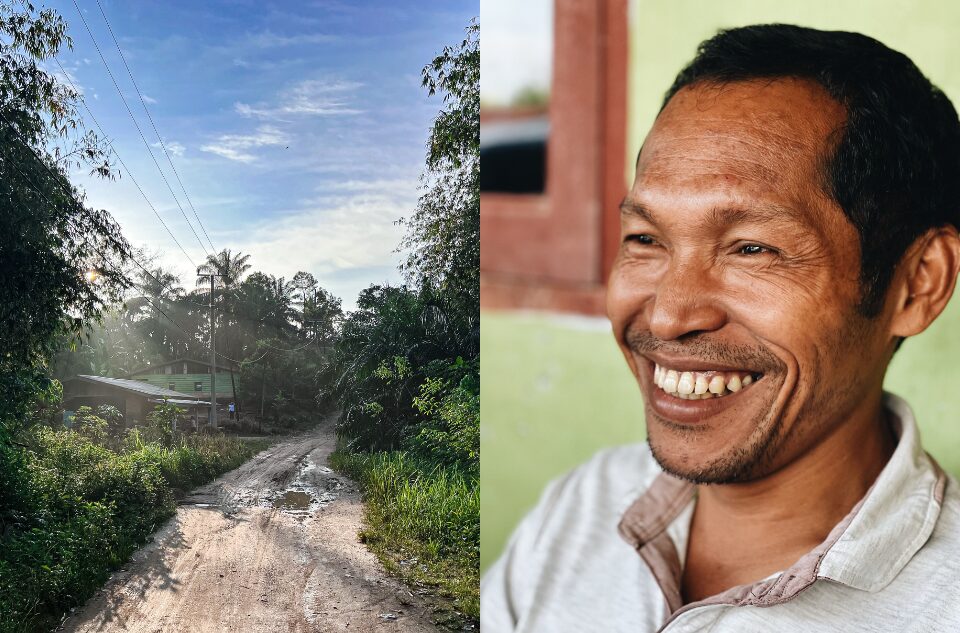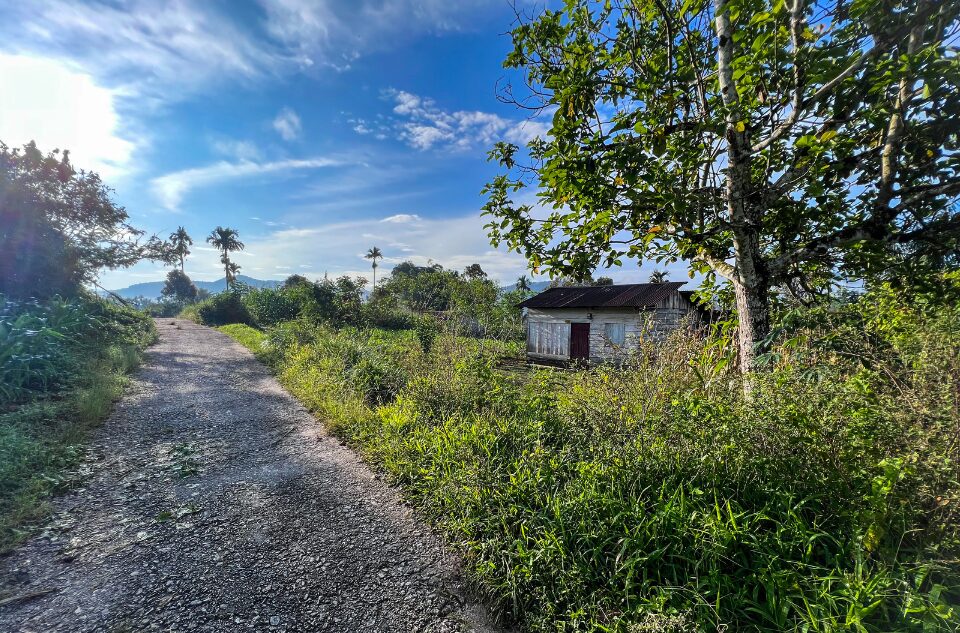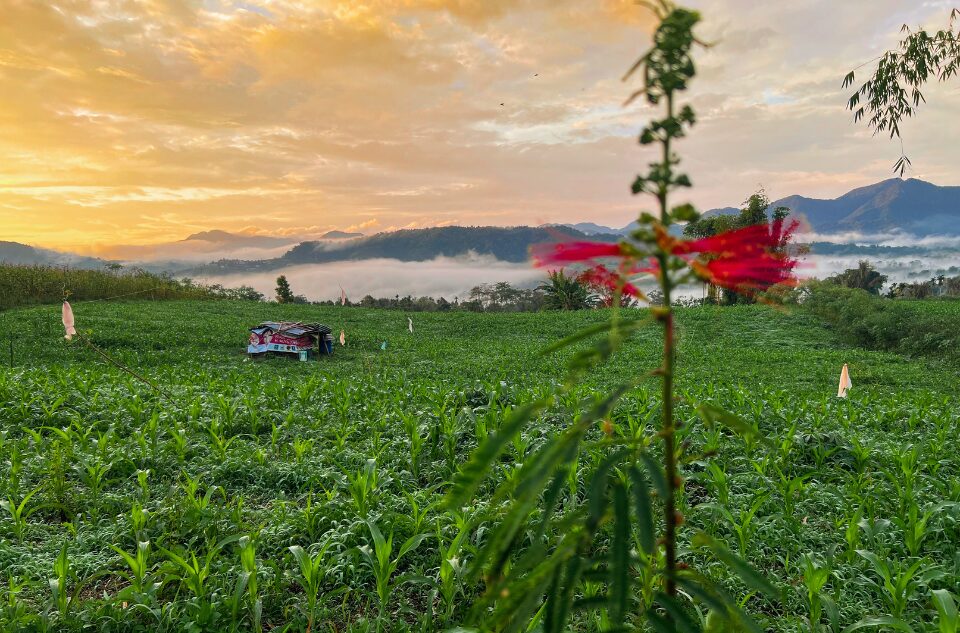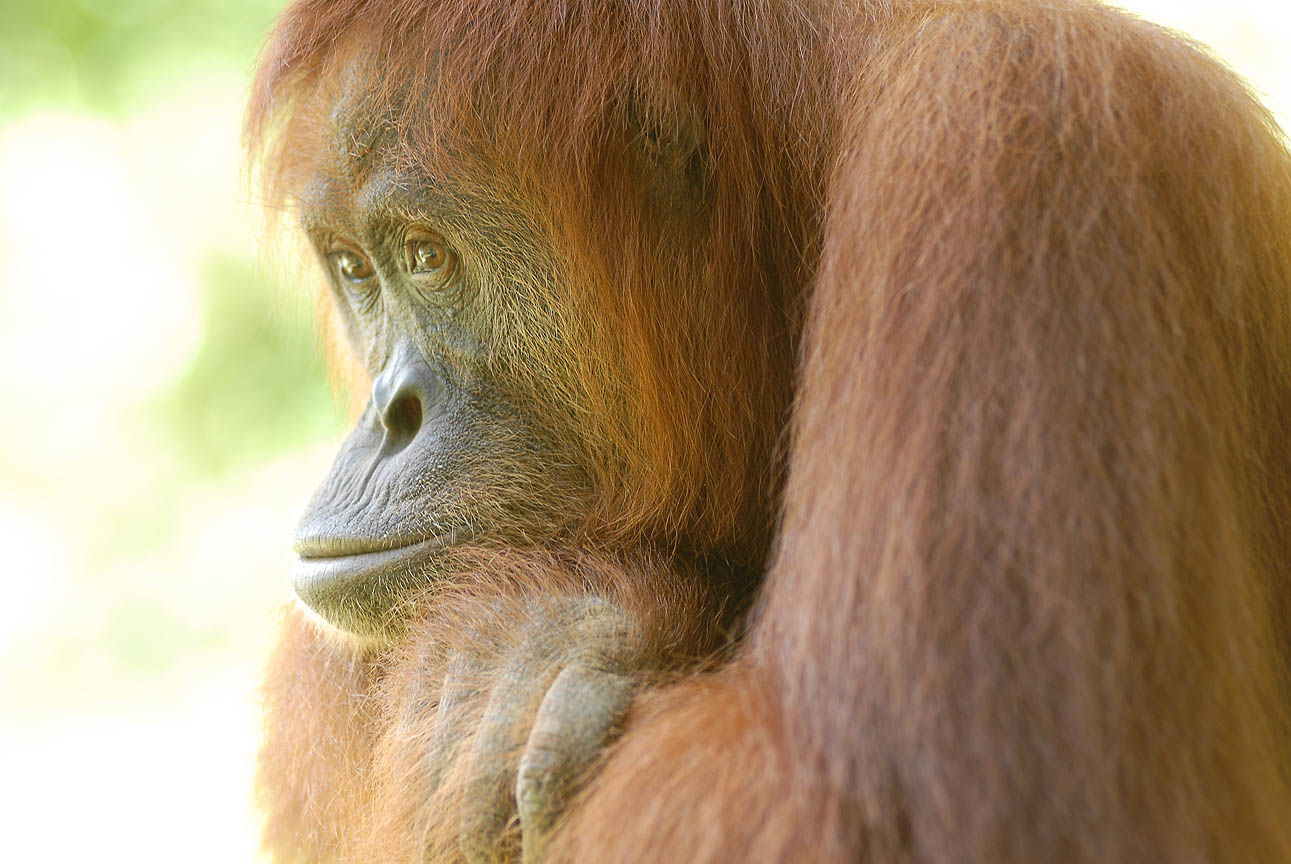
We recently shared a blog post highlighting social forestry, an innovative approach to forest management that empowers local communities to gain rights to manage and conserve forest resources. This is a key component of our work with our frontline partners, Tangguh Hutan Khatulistiwa (TaHuKah), and is best demonstrated with a case study of one of our longest-established projects: Sibagindar village.
Our on-the-ground partner Tangguh Hutan Khatulistiwa (TaHuKah) has spent several years working in Sibagindar village in North Sumatra, a critical location in the West Toba landscape. Their anthropologists live in the village, taking part in daily activities like fishing and farming as well as discussing conservation and development issues.
When TaHuKah began working there, the community’s rights over their traditional forests – biodiverse ecosystems supporting orangutans and tigers – were not officially recognised. This left the forests vulnerable to exploitation by external groups and gradual encroachment by the villagers, who cleared them to create new fertile land as older areas became less productive.

To regain control over the forest, the villagers decided to apply for Social Forestry status – a recently-established designation set up by the government to recognise traditional land rights. TaHuKah supported the community throughout this process: mediating with the authorities, assisting in the establishment of a Village Forest Management Institution, helping prepare formal documentation – and providing invaluable encouragement and expertise. In the end the application was successful, giving the people of Sibagindar control over 600ha of their traditional forest.
After the redesignation, TaHuKah continued to support the village by providing training on anything from drafting forest management plans to conducting security patrols and biodiversity surveys. This has helped to empower the people of Sibagindar to successfully care for their ancestral land and the ecosystem within it.

At the same time, the community’s attitude towards the forest changed. Village development plans – previously focused on expanding agriculture and establishing plantations – shifted to agroforestry and ecotourism projects like hiking trails and treehouse huts (which could also host academic researchers).
SM, the Head of Sibagindar Village, says “TaHuKah gave us a new perspective. They showed us that the forest doesn’t always need to be cleared to provide benefits. In fact, preserving the forest can bring greater and more sustainable rewards.”
Since working with TaHuKah there have been no new cases of forest clearance around Sibagindar. “We’re starting to think long-term. We want our village to stay green while generating sustainable income,” SM explains.
This transformation also helps the community reconnect with their traditional values. “We will return to the wisdom of our ancestors,” says SM. “If we take care of the forest’s life, the forest will take care of ours.”
You can help protect Sumatra's Orangutans. Click to get updates
